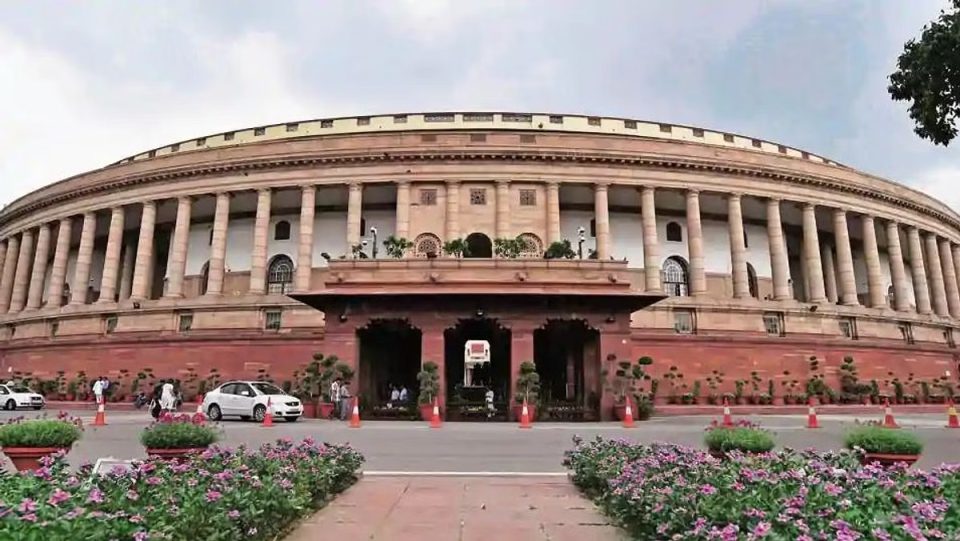The Rajya Sabha passed the Competition (Amendment) Bill 2023 on Monday amid ongoing turmoil from opposition parties, calling for a joint parliamentary committee to investigate allegations surrounding the Adani venture. The bill, which seeks to amend the Competition Act 2002, was passed by the Lok Sabha on March 29.
This is an essential legislative agenda for the government in this parliamentary session as it proposes to amend competition law and bring it into sync with new economic practices and issues. An additional amendment proposed by the Ministry of Corporate Affairs would empower the CCI to impose severe penalties based on the global turnover of entities engaging in anti-competitive conduct.
Penalties for any abuse of dominance are now up to 10% of an entity’s global turnover or three times the company’s profits for the preceding three financial years. The turnover of relevant domestic entities is earlier, and this amendment may affect multinational corporations in India and Indian companies doing business globally.
“Interpretation was inserted in Section 27(b) to determine turnover through regulations established by the Commission. It is believed that this will provide the Commission with the flexibility to impose penalties on the aggregate turnover of a business or party,” an official statement said. However, for greater clarity, it further stated that it is introducing another interpretation to clarify that the turnover refers to the global turnover of all products and services of the violating enterprise.
Through another necessary amendment, all transactions involving acquisitions, mergers and amalgamations of target companies in India with a transaction value exceeding Rs 2,000 crore shall be notified to the CCI for approval before completion. It also introduces a green channel route for certain combinations eligible for deemed approval in a trust-based framework upon submission of a merger notification. In addition, for portfolios below certain thresholds (measured by assets or turnover), de-minimis exemptions would be provided through rules proposed for inclusion in the Act.
The revision of the combined threshold is currently based only on the wholesale price index or exchange rate fluctuations in the rupee or foreign currencies, which are considered relevant to the revision of the combined threshold. Currently, the government can only raise or lower the threshold through notification.
The Act now provides that other factors “relevant” to the government’s choice, such as the global competition scenario or revisions to thresholds in other jurisdictions, may also be used to review merger thresholds. In addition, it is stipulated that the government can also keep the threshold at the same level after considering all these factors.
The scope of anti-competitive agreements also expands to include agreements beyond vertical and horizontal agreements that are anti-competitive, such as hub and scope cartels.


 Signals, Powered By EquityPandit
Signals, Powered By EquityPandit

